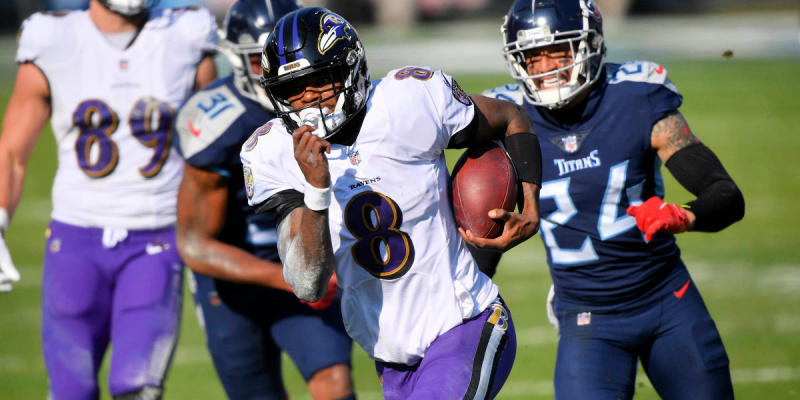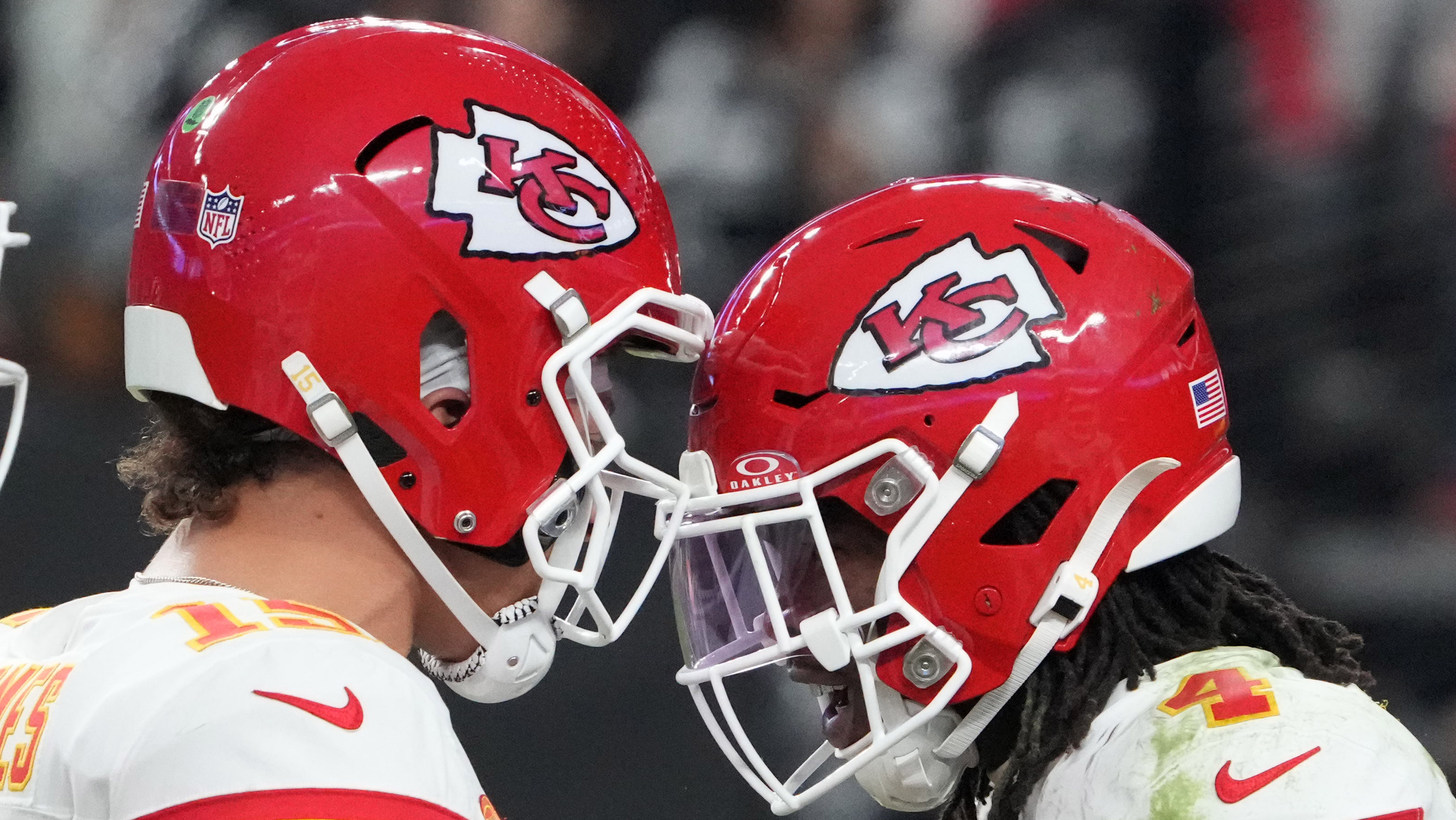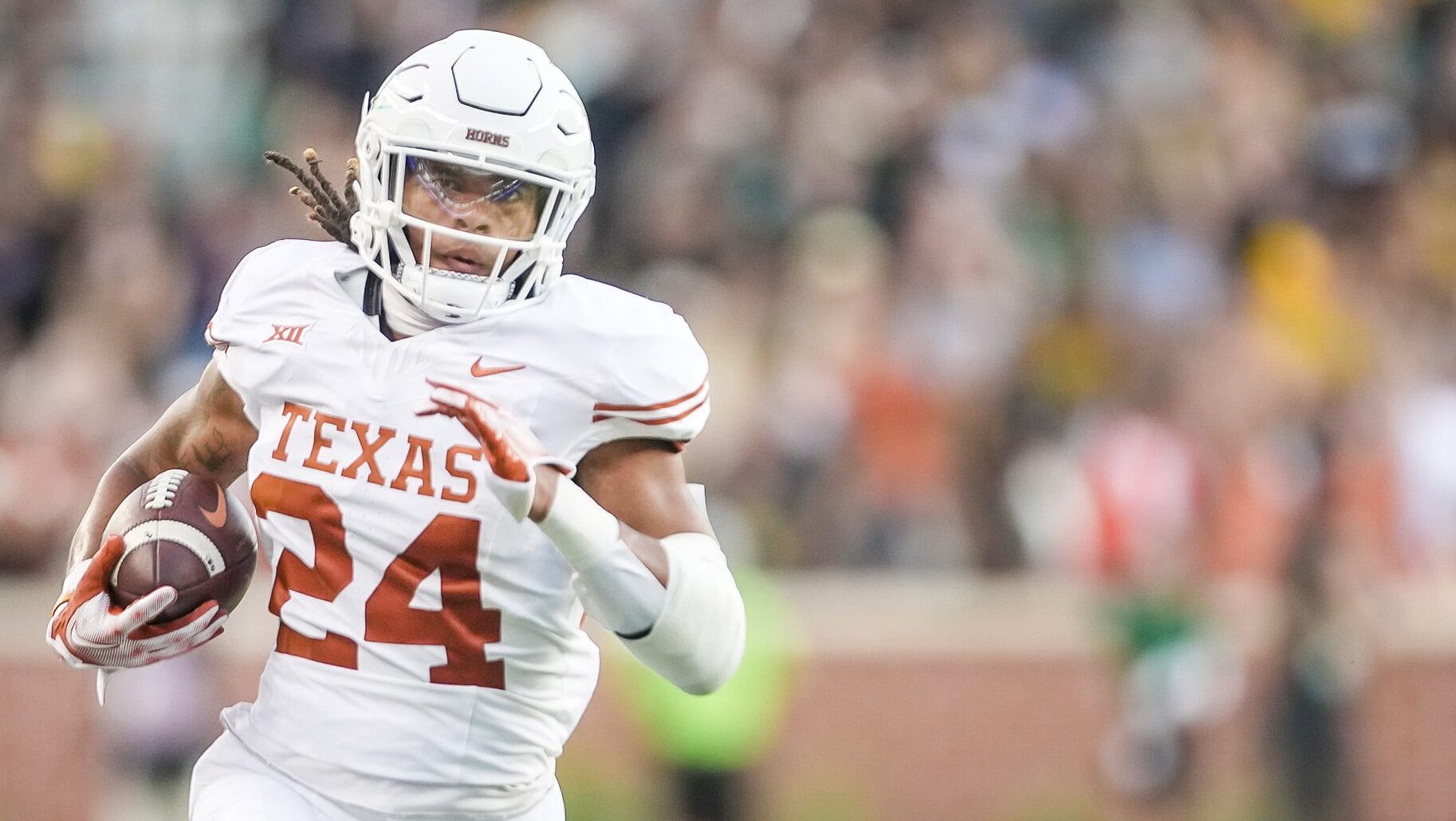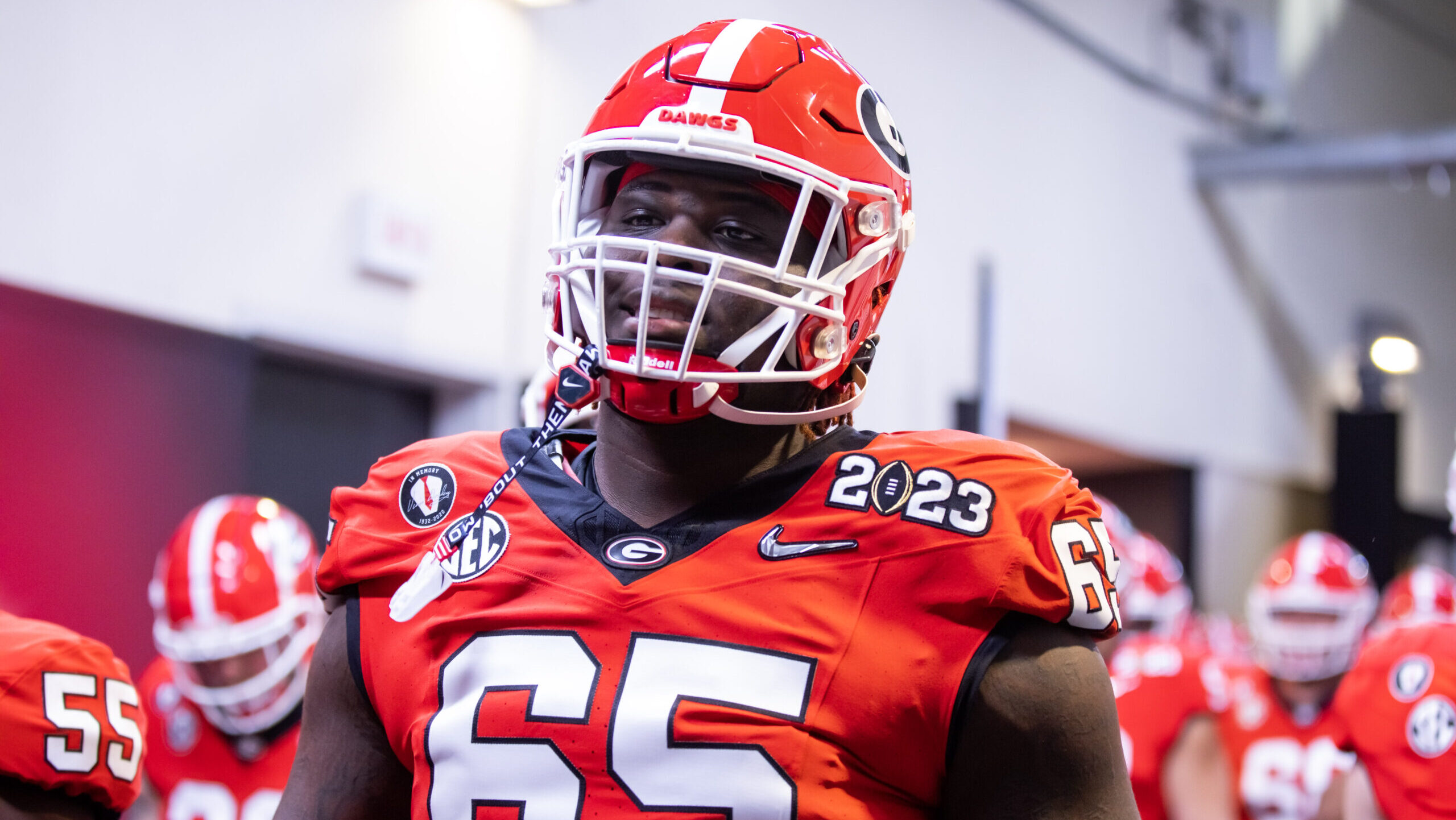Analysis
7/24/22
8 min read
Star NFL Players Representing Themselves – Evolution or Fad?

Traditionally, NFL players have enlisted the services of player agents (who are often lawyers) to negotiate contracts on their behalf. Not only do player agents negotiate on behalf of the player with team executives, but also in endorsement deals.
Instead of paying agents a flat rate for their services, they usually absorb a small portion of the money they negotiate for regardless of whether it is an endorsement contract or a contract with a football club. This rate varies somewhere between 1.5% and 3.33%.
During the past few decades, NFL players have been trending towards self-representation, particularly star players. Edgerrin James ignited this craze when he brushed off the infamous Drew Rosenhaus in favor of his brother and two high school friends.
Players such as Bobby Wagner, Richard Sherman, DeAndre Hopkins, Laremy Tunsil, and Russell Okung have brokered their worth with NFL front offices. Experts on the topic joined The 33rd Team’s Wednesday Huddle on July 20 to discuss this development, especially with Lamar Jackson’s extension (or lack thereof) on the horizon.
“Even when you are dealing with an agent, you are trying to make sure at the end everybody feels good about it,” said former President of the Philadelphia Eagles, CEO of the Cleveland Browns, and co-founder of The 33rd Team, Joe Banner.
“That is a lot harder with a player because even if all you are doing is explaining what you are offering is fair; you are going to say things that a player could take the wrong way and feel disrespected as a result, which is the last thing you want to do.”
The primary argument supporting the continued use of agents in contract negotiations is simple: they have the expertise and are not personally invested in the outcome. To the first point, some agents have negotiated thousands of deals for NFL players and, as such, know the ins and outs of NFL contracts and the NFL Collective Bargaining Agreement, which includes incentives, signing bonuses, void years, condition clauses, and other contract mechanisms.
To the second point, as Banner eloquently put it, it is difficult to negotiate with a player. One could only imagine that a meeting between team executives and players could get pugnacious fast. A simple explanation of the club’s valuation could cause acrimony if it is incompatible with the player’s idea of their value. In a scenario where an agent is handling negotiations, they will not feel personally insulted by an offer from the team, unlike their client.
“I just think if Lamar Jackson were my son, I would ask him, ‘Out of curiosity, how many contracts have you negotiated in the past?’” said former NFL MVP Rich Gannon. “I am not suggesting that he cannot do a good job, but you have the best in the business such as Tom Condon, and they have done thousands of contracts.”
Gannon’s comment resonates with the first point supporting agents negotiating contracts. Gannon has a unique perspective as a player, having chosen an agent to represent him in contract negotiations. Not only that, but Gannon reaffirmed a player like Jackson’s choice to self-represent, saying that he is sure they could do a good job. But why risk it?
“I always say to people, if you have a Ferrari, you do not take it to Jiffy Lube to get the oil changed,” said Gannon. “You take it to the Ferrari dealer because that is all they do, and, you know, it is the same thing.”
Having detailed the support for hiring agents, there are two primary reasons to self-represent in the NFL: control and frugality. Instead of paying agents to negotiate on their behalf to achieve an outcome that they do not have complete control of, players will take the reins themselves.
The two benefits are obvious. 1) Players do not have to hand over a slice of their money to another person, and 2) players have full control of what they offer, reject, and demand. Not that players do not have control over the outcome of contracts when an agent is involved; they have more control when they do it themselves. Moreover, players do not have to worry so much that a team will use their inexperience against them.
“It is not in the team’s best interest to take advantage of the player. In my experience, I went overboard to explain not what we were offering, but why we were offering it,” said Former Executive Vice President of Football Operations for the Miami Dolphins, General Manager of the New York Jets, and co-founder of The 33rd Team, Mike Tannenbaum.
“I completely agree [with Banner]. In Lamar’s case, hire any of these ten agents because the quarterback market is pretty well established. Probably five or six deals are part of the conversation with reasonable middle ground in there.”
For team executives, it is a foregone conclusion that working with an agent is more convenient and often results in a favorable outcome for both sides. Agents zealously negotiate on behalf of their players, as the American Bar Association dictates. It is rarely a healthy increase in zeal when a player repudiates an agent’s services in favor of his own.
“I agree with Rich, and if my son were involved, it would be tough to hire an agent because 3% is a lot. On the other hand, you can easily afford it,” said Banner.
“So, whatever argument the was has been a mixed bag. [Bobby] Wagner did an excellent job in doing his deal, but [Russell] Okung and [Richard] Sherman did a bad deal. I do not understand why you would take the risk with this much money at stake.”
All roads seem to lead back to agents’ collective expertise in contract negotiation and emotional protection between parties. Jackson is often used as an example in this conversation because his situation is particularly pertinent. After the Cardinals’ Kyler Murray accepted a five-year, $230.5M contract with $160M guaranteed, all eyes are on Jackson and his potential extension. The quarterback market is proliferating, and Jackson could capitalize. The question is, “should he self-represent in such a pivotal moment of his career?”
“There has got to be some doubt from the Ravens, the GM, ownership, and head coach on how much they are willing to guarantee and spend on [Jackson],” said former Indianapolis head coach Chuck Pagano. “Do they feel he is the long-term answer and the guy who can win Super Bowls for them? Otherwise, if the answer to that question is a no-brainer in everyone’s mind, this thing gets done, and he gets what he’s asking for.”
Coach Pagano raises a fine point. There must be some dispute, ambiguity, or discrepancy preventing this deal from concluding. Thus, one could only reason that Jackson himself is wading through the nuanced parts of this with the executives. Although, that is not always the case.
“Most of these guys doing their deals by themselves have former agents who are paid modest fees as an advisor to check the language and such,” said Banner.
“As players feel more empowered, we will see more and more of this. Many people are helping them, even though they will lead, but we will not have the traditional back and forth that teams and agents have had for years.”
We are certainly moving toward self-represented athletes, particularly in the NFL. But, as Banner just mentioned, “self-represented” can be misleading. Athletes are not doing this all by themselves—usually—and they are not always worse off without representation. As noted above, maintaining a healthy, productive working relationship between athletes and the front office is the most important. Moreover, having an agent who is an expert in NFL contracts does not hurt either.
“You have to look at the strengths and weaknesses of every player you sign. The vulnerability with Lamar has been downfield accuracy,” said Tannenbaum. “Many people have alluded to the risk of injuries with the backdrop of all this money. From a team perspective, you must analyze the landscape and who you could get next year. It comes down to “who are we going to get?” and “how much does this player cost?”
Jackson has provided a critical case study in the NFL, and the resolution of his contract extension negotiations will go a long way in shaping the decisions of athletes who come after him. If Jackson extends with the Ravens at a price favorable to him, it would be a boon for self-representing athletes in a field where executives do not want to see this tendency increase league wide. Nonetheless, there are definite perks to having representation, but is it imperative to hire an agent? Only time will tell whether this strategy picks up steam or dies off like a fad.






